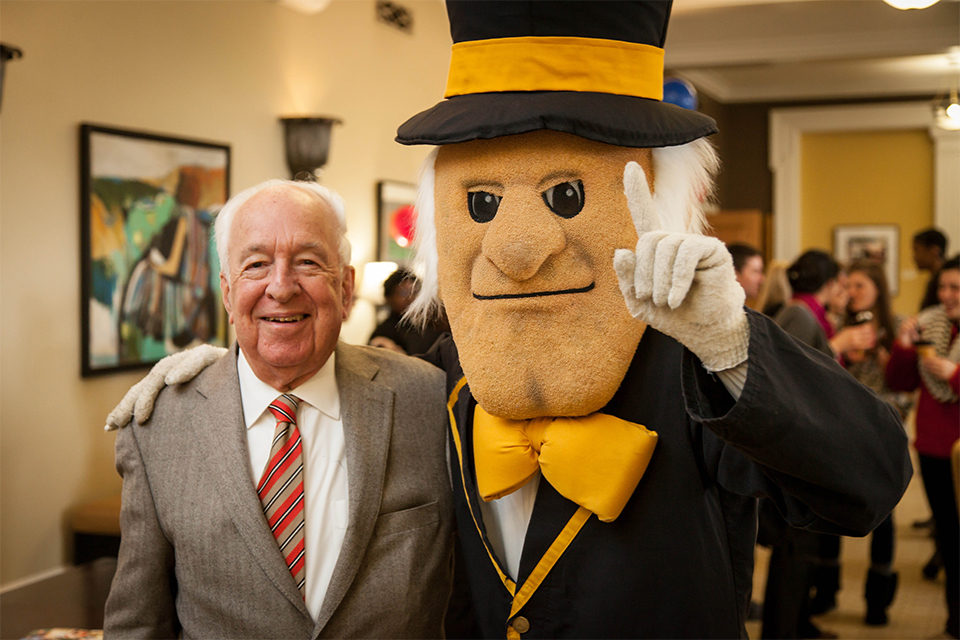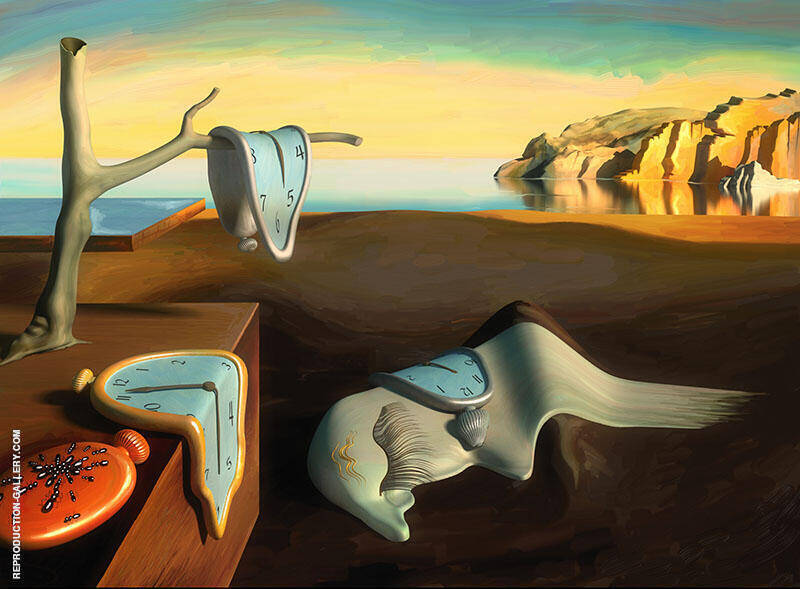One day this week, I was walking back to my dormitory
apartment after cross country practice and bumped into a student of mine. He is
an incredible young man who lives on the island of Manhattan and has an amazing
relationship with his younger brother (who lives on my hall of the dorm.) I was
rushing a bit to see my fiancée before heading back to watch the varsity girls’
soccer game, so I was not really in the right mind at the time to hear what he
said. It has been taking up space in the back of my mind ever since, which
means it’s time for another blog post.
This student (we’ll call him Peter to protect his privacy), was
throwing a football with friends, but intercepted me and said, “I’ve been
thinking since we talked in class the other day. You’ve lived an incredible
life.” My mind immediately went to thoughts like – Incredible? Maybe incredible
that I can pay my bills each month without going into debt. Incredible? My tiny
apartment with faux-wood floors, drop-ceilings, and a tub/shower that is so
permanently stained that it is impossible to tell what the original color was,
might disagree. Incredible? My big night out (when it’s possible to fit it in)
is grocery shopping on Saturday night with my fiancée. My life may be satisfying,
happy, and exactly what I want it to be, but incredible? Certainly not.
Peter then went on to talk about different stories I’ve told
in class and how he connected with them. That got me thinking about these last
50 (cough! choke!) years. And you know what? They’ve been pretty incredible.
I grew up as a faculty child at a boarding school where
everybody looked out for everybody and we kids had the run of the campus. As a
child, I met students from around the world and got a global perspective few
kids have, especially in Lynchburg, Virginia. Throughout my school years, I was
blessed with teachers I still learn from today. When I skipped second grade, I needed
to learn cursive writing in the summer, and did so at the kitchen table of
Jackie Meador, who was much more than a teacher to me. A decade later, I
learned Latin at that same table from Max Meador, who was recovering from brain
cancer but still took the time to discuss Virgil with me a few times each week
(and life, and all the amazing things in his home office – I’ll never forget that
banjo!)
In high school, I had the opportunity to travel to Italy,
England, and Scotland through the generosity of my grandmother Lucy, a teacher
herself, who wanted to give me those worldly experiences. From my grandparents,
I learned to shoot the rapids in a canoe, fly-fish, appreciate the rich and
neglected history of Southern Illinois, and enjoy the perfection of
cinnamon-baked apples on biscuits.
In college, I had a wealth of opportunities I one day hope
to deserve. My scholarship paid for me to backpack around Germany in the summer
of my freshman year. While that trip was intended to be academic, it was much
more personal in reality. I learned how to be alone with myself and how to be
self-reliant. I learned how to connect with strangers, but to maintain a safe
distance at the same time. I learned that lard on bread is salty and gross, but
sleeping alone in a thousand-year-old castle overlooking a cute town can be the
most awe-inspiring experience. The following summers, my scholarship paid for
more traditionally academic experiences. I learned how big advances are the
result of thousands of small steps, and you should never discount your
contribution, no matter how small it seemed.
Life after college has seemed predictable. I settled on the
safe route of following my parents into teaching in boarding schools. I wanted
to give my children a similar experience to what I had growing up in that kind
of community. While that was absolutely the right decision and I wouldn’t
change a thing, I never really thought of my experience as incredible. I simply
got through each day as best I could and hoped for the best. When I look back,
though, it WAS pretty incredible.
I’ve lucked into the opportunity to meet people like Carl
Sagan, Sandra Day O’Connor, Margaret Atwood, Marian Wright Edelman, Desmond
Tutu, John Lewis, Ibram X. Kendi, Nancy Pelosi, Paul Ryan, Davis Phinney, and George
H. W. Bush. I’ve also lucked into the opportunity to meet equally incredible,
but less famous people, like Steve Castle, Vaughn Winchell, Damian Walsh, Cara
Transtrom, Perry Epps, Saka, Brigid Kemmerer (okay, she’s pretty darned famous
at this point), Madison Hughes (famouser and famouser by the day), Chris Kim,
Kim Olsen, Leigh-Anne Krometis, Grace Barnhart, Stafford Graham, Sarah McKinley
Austin, Paul Blake, Mason New, Natasha Wanjiru, Olivia Tucker, LizaBanks
Campagna, Luiji Vilain, Molly Pugh, etc., etc., etc. I’ve watched my own
children grow into amazing young adults with the kind of courage I’ve never
had.
While my students get excited about the stories I can tell
about an active shooter across the street from my daughter’s day care, my participation
is a failed rescue of a drowning victim, and my successful participation of a
rescue of two mountaineers in a blizzard, what I get excited about is the people
I have met along the way. This has been a pretty incredible life so far, and I
hope there are many more years to come. The secret is to keep learning and to keep
challenging yourself. Even more importantly, you have to be open to opportunity.
When something new and different comes along, say YES and challenge yourself to
learn everything you can from that opportunity. If you take those
opportunities, while life may seem pretty mundane while it’s happening, when
you look back on everything you’ve done, all the people you’ve met, and
everything you’ve learned, you’ll discover that life is pretty darned
incredible and worth every minute of it!






